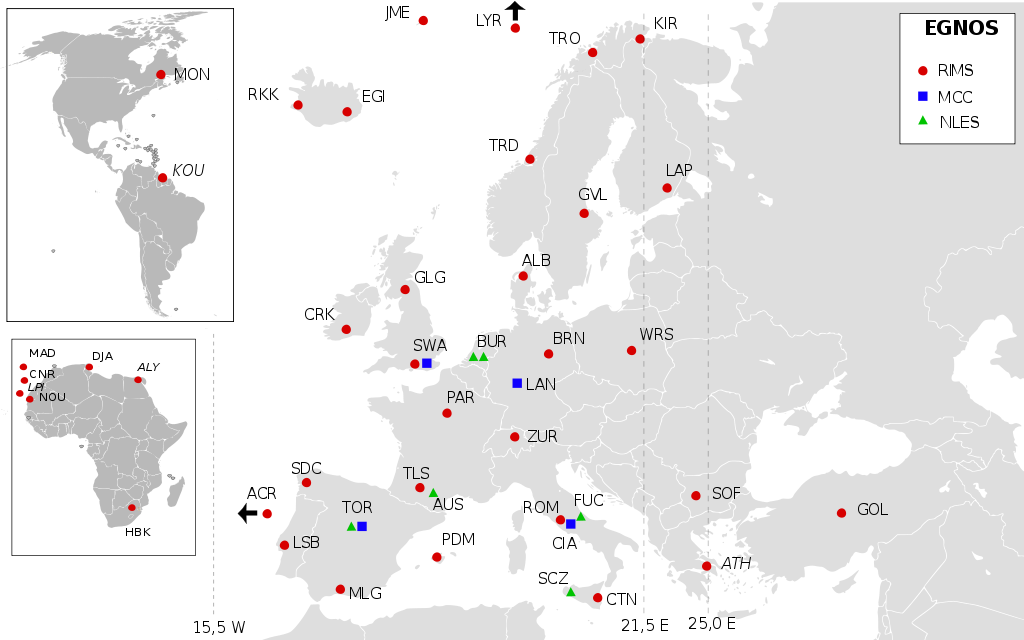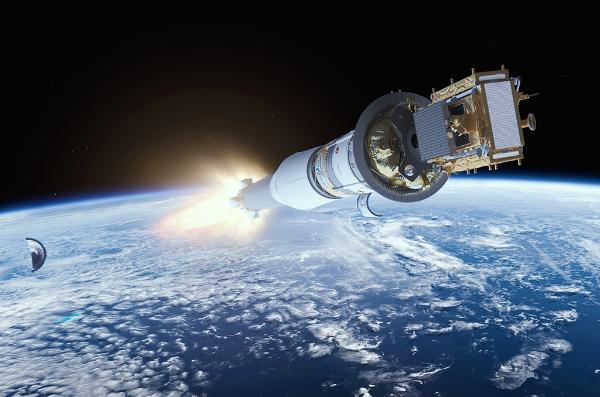 par Laurent Simon Mer 1 Juin 2016 - 14:19
par Laurent Simon Mer 1 Juin 2016 - 14:19
Un article long, très détaillé, couvrant un large spectre (Galileo, EGNOS, les relations avec l'ESA, avec l'UE, la Commission Européenne, le Parlement européen, le déménagement de Bruxelles vers Prague, la mise en place des services, etc.)
The "Brussels View" from Prague
http://www.insidegnss.com/node/4959
Extrait du début de l'article, où il est notamment question de l'aide apportée pour l'atterrissage des avions (200 aéroports dès maintenant, le double d'ici 2018 2019) :
"“EGNOS is well under control,” he says. “We have stable operation and service provision.” But there will be no easy life for Europe’s satellite-based augmentation system. “EGNOS is coming to the end of a cycle of relative calm equilibrium,” but new, major technical developments are on the way, with tenders to be announced in the coming months.
Planned upgrades include the release of EGNOS v2.4.2 software, bringing new enhancements at service level, including the extension of aircraft approach operations with vertical guidance (APV-I) coverage to the northeast, east, and southeast of Europe, and the setting up of new regional integrity monitoring stations (RIMS) to boost coverage in places like the Canary Islands. The GEO satellite constellation will also undergo further modernization.
“We want to apply EGNOS to more than just civil aviation,” says des Dorides. “We now have close to 200 airports with EGNOS-enabled landing approaches, and we will double this number by 2018-2019. But we want to export EGNOS outside of civil aviation, to maritime transport and the rail industry, where we have seen very good results.”
For Galileo, he says, initial services are still on course for October 2016. “Six to eight months later, in 2017, we will have a new operator/service provider. This is a major change; today the operator acts on a ‘best-effort’ basis. In the future, the operator will be assessed on a ‘service-level’ basis. The new operator will ensure stable continuity of Galileo operations, at full speed, with maturity in the following years. We want to have stable operation by 2020.”
Securing the PRS
Also coming soon is the secured Galileo Public Regulated Service (PRS), one of the important features of Galileo, with access limited to authorized governmental bodies.
“In the past two to three years, we have been investing in the PRS user segment,” des Dorides says. “We have right now three important ongoing projects for establishing the EU industrial basis to build the PRS receiver system.” (See sidebar, “Current EU-funded PRS–Related Research Projects,” at the end of this article.)
Des Dorides says the PRS should be up, running, and mature by 2020.
“The PRS is very important,” des Dorides adds, “providing 50 percent of the answer to the question of why we have Galileo. But we need a proper receiver segment in Europe. If not, the PRS doesn’t make sense.”
As far as the discussions regarding U.S. access to the PRS, des Dorides says that’s not a part of his mandate. However, he notes that “the Dutch EU [European Union] Presidency has made it a priority to see negotiations on this question move forward by the European Council and Member States before the close of its tenure, which ends in June 2016.”
"







 Un satellite utilisé pour observer la Terre | ©ESA 2016
Un satellite utilisé pour observer la Terre | ©ESA 2016  Le Parc national de Namib-Naukluft en Namibie vu de l'espace | ©ESA 2016
Le Parc national de Namib-Naukluft en Namibie vu de l'espace | ©ESA 2016 